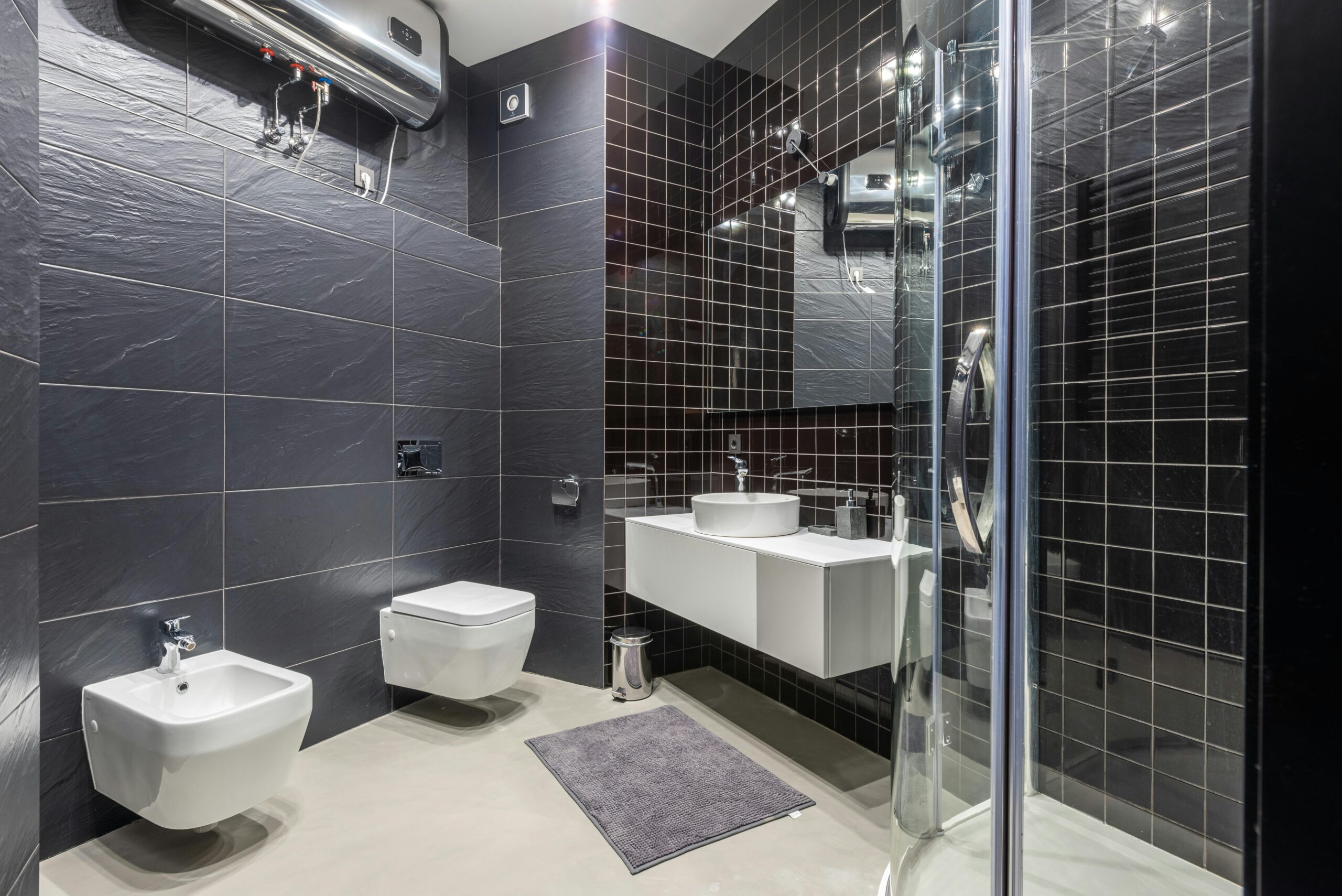The tankless water heater is a modern plumbing innovation offering on-demand hot water without the need for a storage tank. This system has gained significant attention for its potential to improve energy efficiency and save space. Understanding tankless water heater benefits and costs is essential for homeowners and commercial property managers considering upgrades or new installations.
- Tankless water heaters provide hot water on demand, eliminating standby heat loss associated with traditional storage tanks.
- They are known for their energy efficiency, often resulting in reduced utility bills over time.
- Installation costs and requirements vary depending on the existing plumbing setup and energy source.
- Proper sizing and professional water heater installation are critical for optimal performance and longevity.
- NJ plumbing services can assist with selecting appropriate models and ensuring compliance with local codes.
Introduction to Tankless Water Heaters
Tankless water heaters, also known as demand-type or instantaneous water heaters, heat water directly as it flows through the unit. Unlike conventional water heaters that store hot water in a tank, these systems activate only when a hot water tap is turned on. This operational difference offers several advantages and informs the considerations regarding installation and cost. The prevalence of energy-efficient plumbing solutions has elevated interest in tankless units among residential and commercial customers. This overview addresses why these devices matter, who benefits most from them, and when their installation is advisable.
How Tankless Water Heaters Work
Tankless water heaters function by heating cold water instantaneously as it passes through the appliance. When a hot water tap opens, cold water travels through a pipe into the unit where either an electric element or a gas burner heats it. This process delivers a continuous supply of hot water, unlike storage tanks that can run out once depleted. The compact size of these units allows for flexible installation locations, saving space and sometimes enabling multiple units to serve different sections of a property.
Energy Efficiency and Environmental Benefits
One of the prime advantages of tankless water heaters is their energy efficiency. Traditional water heaters maintain a tank full of hot water, leading to standby heat loss where energy is continuously consumed to keep the water at a set temperature. Tankless systems eliminate this loss by heating water only when needed, potentially reducing energy consumption by 24% to 34% for homes that use 41 gallons or less of hot water daily. This improvement aligns with energy-efficient plumbing trends, contributing to lower utility bills and reduced carbon footprints.
Installation Considerations
The installation of a tankless water heater can differ significantly from that of a traditional unit in terms of plumbing upgrades and energy source requirements. These systems often require higher capacity gas lines or electrical circuits to handle peak heating demands. In some cases, upgrading the home’s existing plumbing infrastructure or ventilation system is necessary for safety and code compliance. Professional NJ plumbing services are recommended for evaluating the property and determining the proper size and specifications for water heater installation.
Cost Comparison and Long-Term Savings
The initial cost of a tankless water heater and its installation can be higher compared to traditional water heaters. On average, unit costs range from $500 to $1,500 depending on capacity and features, with installation expenses fluctuating due to required plumbing upgrades or electrical work. Despite these upfront expenses, many users benefit from energy savings over time, which can offset initial investments. Considering the average lifespan of tankless water heaters is generally longer (20+ years) than tank models (10–15 years), the overall value often favors the tankless option in the long term.
Applications and Market Adoption
Tankless water heaters suit various applications, including residential homes, multifamily buildings, and commercial facilities requiring consistent hot water supply. These heaters can be integrated into existing systems or selected during new construction planning. As NJ plumbing services promote energy-efficient plumbing solutions, the adoption of tankless technology is increasing in the region. Their compact footprint and flexibility make them appealing choices for homes with limited space and for those aiming to reduce environmental impact.
Potential Risks and Maintenance
While tankless water heaters offer many advantages, there are risks and maintenance needs that consumers should be aware of. In areas with hard water, scaling can reduce heater efficiency and lifespan without regular descaling or water treatment solutions. Additionally, improper sizing or installation can result in inconsistent water temperature or insufficient flow rates. Routine maintenance by licensed NJ plumbing services ensures continued performance, safety, and compliance with manufacturer warranties.
Summary
Understanding tankless water heater benefits and costs involves evaluating energy efficiency advantages, installation requirements, and long-term savings potential. Tankless water heaters offer on-demand hot water, reduced standby energy loss, and space-saving designs. Installation costs may be higher due to necessary plumbing upgrades, but the system’s longevity and operating efficiency provide substantial value. Homeowners and commercial property managers interested in plumbing upgrades and energy-efficient plumbing solutions in New Jersey should consult expert NJ plumbing services for proper assessment and professional water heater installation.
More detailed information and assistance with tankless water heater installation and related services are available through Pipe Masters Plumbing NJ Services.


0 Comments